Meet the ECON Board and Secretariat
ECON is led by an international Leadership Team Composed of a Board of Directors and Secretariat with the following members. Click on each of the names to read about their biographies, organizing experiences, and engagement in the network.
ECON Boad of Directors: |
ECON Secretariat: |
|---|---|
| Maroš Chmelík, CKO, Slovakia
Bernadett Sebály, Organizing expert, Hungary Sasha Josette, Breathe, UK Ildiko Baranyi, Civil College Foundation, Hungary Éva Tőkei, Freie Ungarische Botschaft (FUB), Germany |
Marina Tota, ECON Executive Director, Italy Tashy Endres, ECON Training Coordinator, Germany Steve Hughes, ECON Strategic Advisor, Czech Republic/US Masha Burina, ECON Programme Coordinator, Germany |
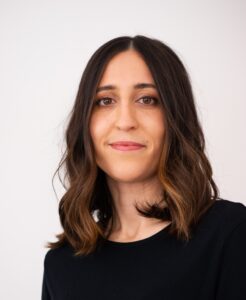 Marina Tota is ECON Executive Director responsible for leading strategic organizational development and network building. She is an organiser, activist, educator and researcher who believes in people’s power to create a just and regenerative society.
Marina Tota is ECON Executive Director responsible for leading strategic organizational development and network building. She is an organiser, activist, educator and researcher who believes in people’s power to create a just and regenerative society.
She has a background in psychology and education and about 10 years’ international experience in coordinating transformative trainings, campaigns and projects with civil society groups, organisations and movements for social and environmental justice. Originally from Italy, she has lived and worked most of her life in “in between” spaces, communities, countries, and cultures. She worked with Actionaid’s Global Platforms in Africa, Asia and Central America and Europe coordinating political trainings, participatory research, and developing the capacity of activists, organisers, volunteers, to lead organizing campaigns for climate justice, gender justice, and human rights. She contributed to the establishment of networks of activists and artists such as Activista Ghana and the African Creative Action Network.
She is committed to build relationships and intersectional solidarity for grassroots-driven systemic change.
Steve Hughes is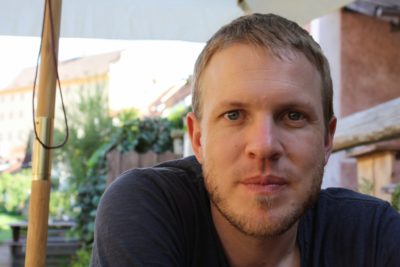 ECON’s Strategic Advisor and former Coordinator. Steve has 20 years of experience working as a community, union, and political organizer in both the United States and Europe. He has managed numerous multi-faceted projects and project teams, and comes to ECON with the recent experience of building a grassroots organization from a relatively low level into an increasingly sophisticated operation through a strategic focus on board development, fundraising, and building of organizational infrastructure. Immediately prior to coming to ECON he coordinated the planning and execution of the Citizen Participation University for the last two years, and his recent work has largely centered on education and training, with a goal of developing deep leadership and increasing capacity in the organizing sector in both Europe and the United States. Originally from the United States, he has strong connections to several of the community organizing networks there, and has a particular interest in fostering ever deeper levels of exchange between the organizing sectors in both places.
ECON’s Strategic Advisor and former Coordinator. Steve has 20 years of experience working as a community, union, and political organizer in both the United States and Europe. He has managed numerous multi-faceted projects and project teams, and comes to ECON with the recent experience of building a grassroots organization from a relatively low level into an increasingly sophisticated operation through a strategic focus on board development, fundraising, and building of organizational infrastructure. Immediately prior to coming to ECON he coordinated the planning and execution of the Citizen Participation University for the last two years, and his recent work has largely centered on education and training, with a goal of developing deep leadership and increasing capacity in the organizing sector in both Europe and the United States. Originally from the United States, he has strong connections to several of the community organizing networks there, and has a particular interest in fostering ever deeper levels of exchange between the organizing sectors in both places.
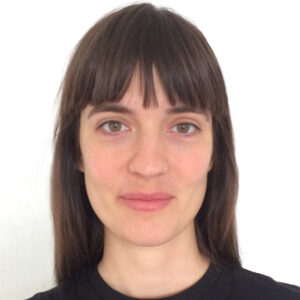
Tashy Endres is ECON´s training coordinator. She has 18 years of experience in community organizing: She learned transformative organizing from the bottom up with the Movement of Unemployed and Landless Workers in Buenos Aires and from the Platform of People Affected by Mortgages (PAH) from Barcelona. Tashy was part of Occupy Wall Street in New York City and of the Decolonizing Architecture in Bethlehem. On her return to Berlin, she became part of the core organizing team with the tenants initiative Kotti & Co. For five years. Since 2018, she has been part of the successful referendum to expropriate large profit-oriented housing companies in Berlin, Deutsche Wohnen & Co Enteignen (DWE) where she co-founded the Jumpstart Working Group (AG Starthilfe) which brings transformative community organizing into the referendum effort.
Tashy has been an educator and trainer for 10 years offering trainings on transformative community organizing, strategy development, social justice and critical diversity, non-violent communication and conflict transformation, traumasensitive mindfulness as well as regenerative organizing. She accompanies social movement groups with strategy-coachings and facilitation.
She has a background in architecture and political science and worked as a researcher and teacher at the University of the Arts Berlin for 5 years with a focus on intersectional anti-discrimination education for architects. She lives in Berlin.
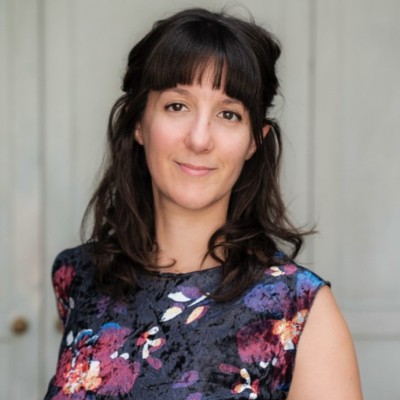 Masha is ECON Programme coordinator, a social movement organizer and educator with 15 years’ experience developing campaigns and teams committed to driving progressive change. Bridge-builder with a history of facilitating teams to build power and devise creative solutions for big problems on both sides of the Atlantic. She coordinates ECON programmes and in particular “Organizing Frontline Communities for a Just Transition”.
Masha is ECON Programme coordinator, a social movement organizer and educator with 15 years’ experience developing campaigns and teams committed to driving progressive change. Bridge-builder with a history of facilitating teams to build power and devise creative solutions for big problems on both sides of the Atlantic. She coordinates ECON programmes and in particular “Organizing Frontline Communities for a Just Transition”.
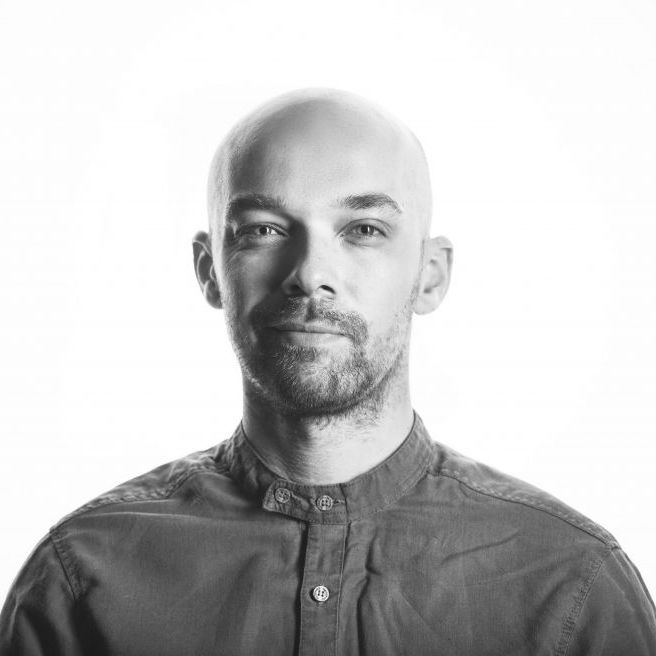 Maroš Chmelík is the Executive Director of the Centrum komunitného organizovania (Center on Community Organizing) in Slovakia (www.cko.sk). He has seven years’ experience in the field. One of his favourite experiences connected to his work is in 2017, when Maros participated in an initiative to defeat an unpopular, far-right governor of the Banska Bystrica region. Maros was able to lead different campaigns, events, and marches against the politicians intolerance and hate, leading to the politician being defeated handily in the next election. Maros finds this to be so important because it showed that community-based action and organizing can be incredibly effective and powerful.
Maroš Chmelík is the Executive Director of the Centrum komunitného organizovania (Center on Community Organizing) in Slovakia (www.cko.sk). He has seven years’ experience in the field. One of his favourite experiences connected to his work is in 2017, when Maros participated in an initiative to defeat an unpopular, far-right governor of the Banska Bystrica region. Maros was able to lead different campaigns, events, and marches against the politicians intolerance and hate, leading to the politician being defeated handily in the next election. Maros finds this to be so important because it showed that community-based action and organizing can be incredibly effective and powerful.
Maros believes that organizing is a way for people to realize their own role in big decisions and utilize their power together to influence positive change. It can also be a way for people to express their own dignity. Organizing can also help people feel that they matter and that their voices are being heard and respected. For Maros, ECON is and will continue to be a hub where a diverse set of groups can come together to exchange knowledge, expertise, and ideas. Maros also believes that ECON can shift and adjust to constantly be best meeting the needs of member organizations and community organizing in the region as a whole. Maros wants ECON to build its current capacity and increase its’ notoreity and visibility in the region.
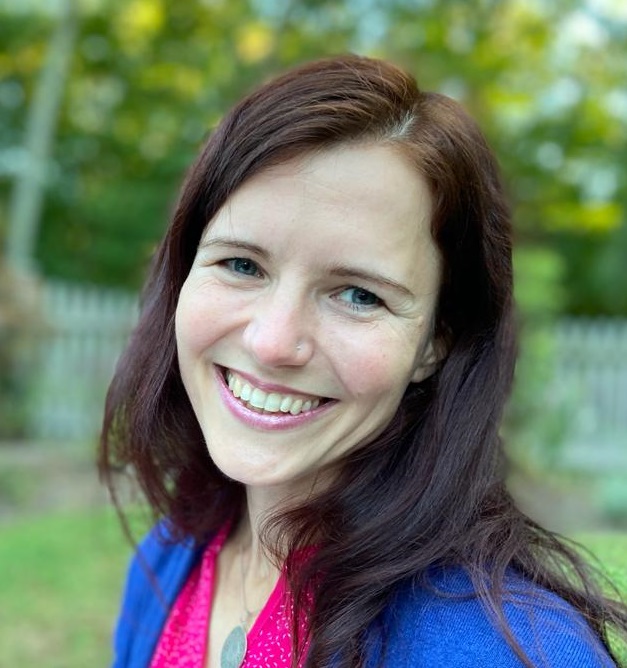
Bernadett Sebály is a former organizer and early-stage researcher supporting the organizing sector in Europe for years. Her organizing is rooted in a grassroots housing organization of homeless people and low-income tenants and a one-year professional development program in the U.S. with Virginia Organizing. Drawing on this experience, she played a leadership role in building the first Hungarian community organizing program with the Civil College Foundation, where she was a mentor and trainer. She contributed to laying down the theoretical foundations of the practice in Hungary by co-editing a book about the fundamentals of organizing. In addition, she coordinated Civilizáció, a Hungarian network of CSOs, during a period of repressive government measures. Since she started my PhD program, she has contributed to strengthening the organizing sector in an expert capacity. Her dissertation focuses on the relationship between movement structures and policy impact. She is particularly interested in how the combination of movement strategies, one of them is organizing, influences outcome. She is currently a Visiting Graduate Scholar at the P3 Lab at SNF Agora at Johns Hopkins University, a lab specializing in analyzing organizing processes.
She been around ECON since 2014. In the first four years, she contributed to strengthening the organizing sector through her work at the Civil College Foundation. In 2018, she went back to academia and, from then on, supported ECON as an expert. Recently, she led a two-year participatory action research process with five organizers from five countries in Eastern Europe. They documented and analyzed their organizing strategy and contributed to creating the organizing history of the region. In the last few years, she acquired relevant knowledge and analytical skills that she could use to benefit ECON and the future of organizing. Her unique position as a longtime organizer (2009-2018) and a researcher (2018- ) enables her to bring new perspectives and knowledge relevant to organizers.
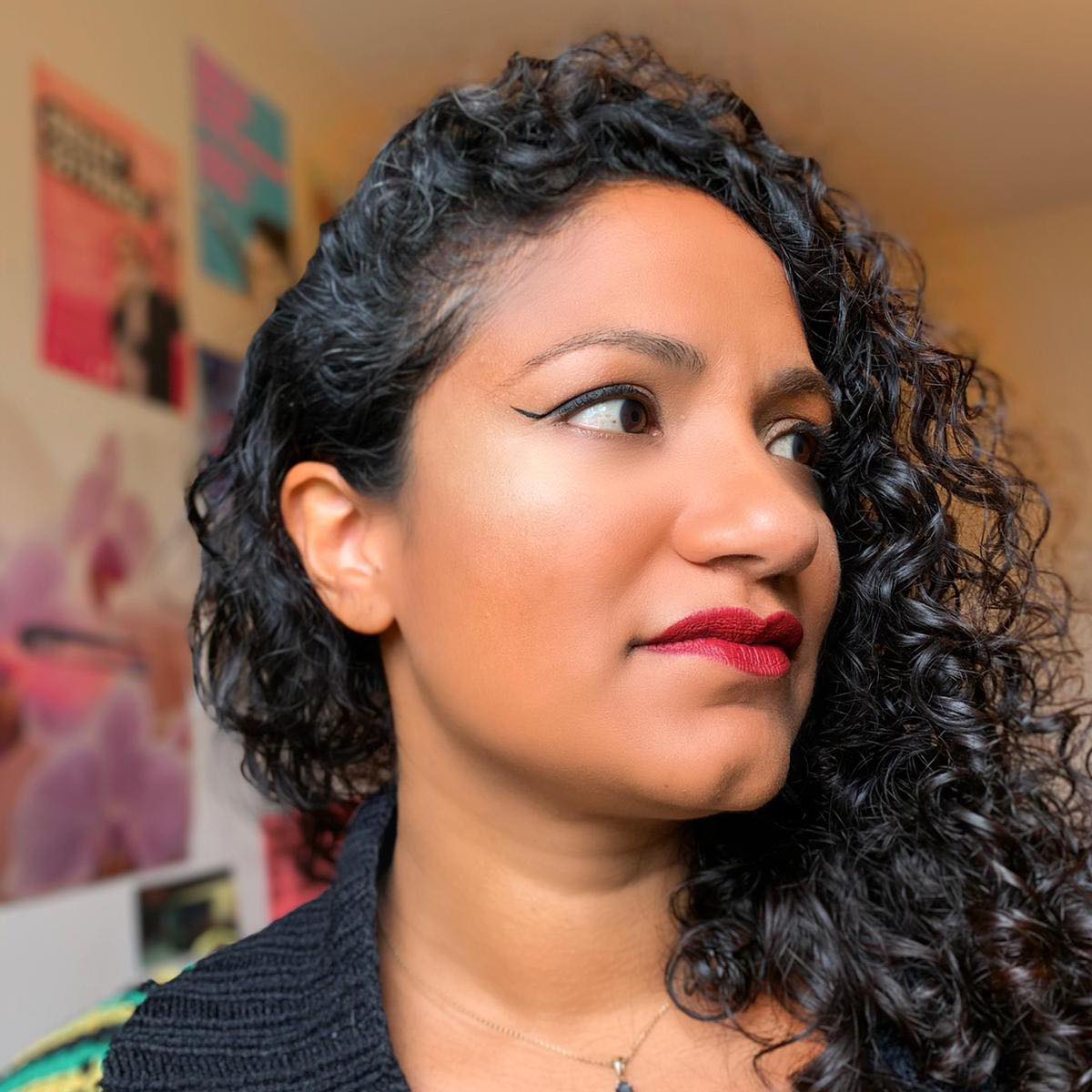

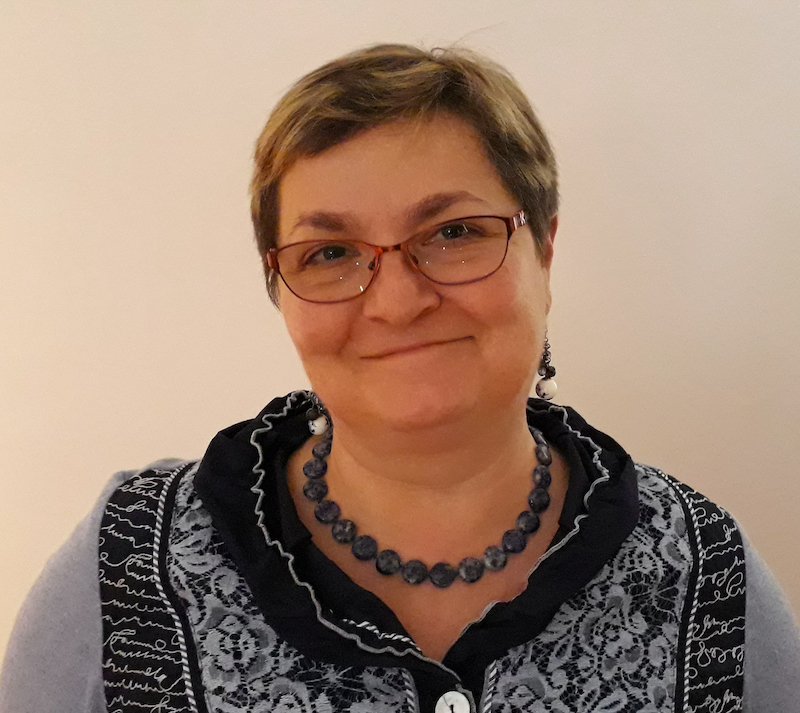 Ildikó Bárányi is a Member of the
Ildikó Bárányi is a Member of the 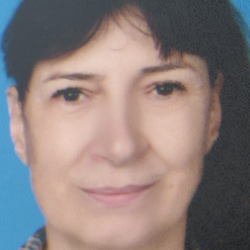 Éva Tőkei is a member of the
Éva Tőkei is a member of the